U.S. Citizens May Know Less About Black History Than They Think
This interactive journey is designed to test your knowledge, uncover hidden truths, and inspire a deeper appreciation for the pivotal role Black history plays in the fabric of American society. Through a series of carefully crafted questions, we aim to challenge common misconceptions and shine a light on the significant contributions, achievements, and struggles of African Americans throughout U.S. history.
Whether you’re a history buff or just curious to learn more, this quiz offers a unique opportunity to broaden your understanding and reflect on the diversity of the American experience. We encourage you to keep an open mind and embrace the learning opportunity, as we explore together the rich and complex tapestry of Black history.
Who was the first African American to serve in the U.S. Congress?
- A) Frederick Douglass
- B) Hiram Revels
- C) Thurgood Marshall
- D) Martin Luther King Jr.
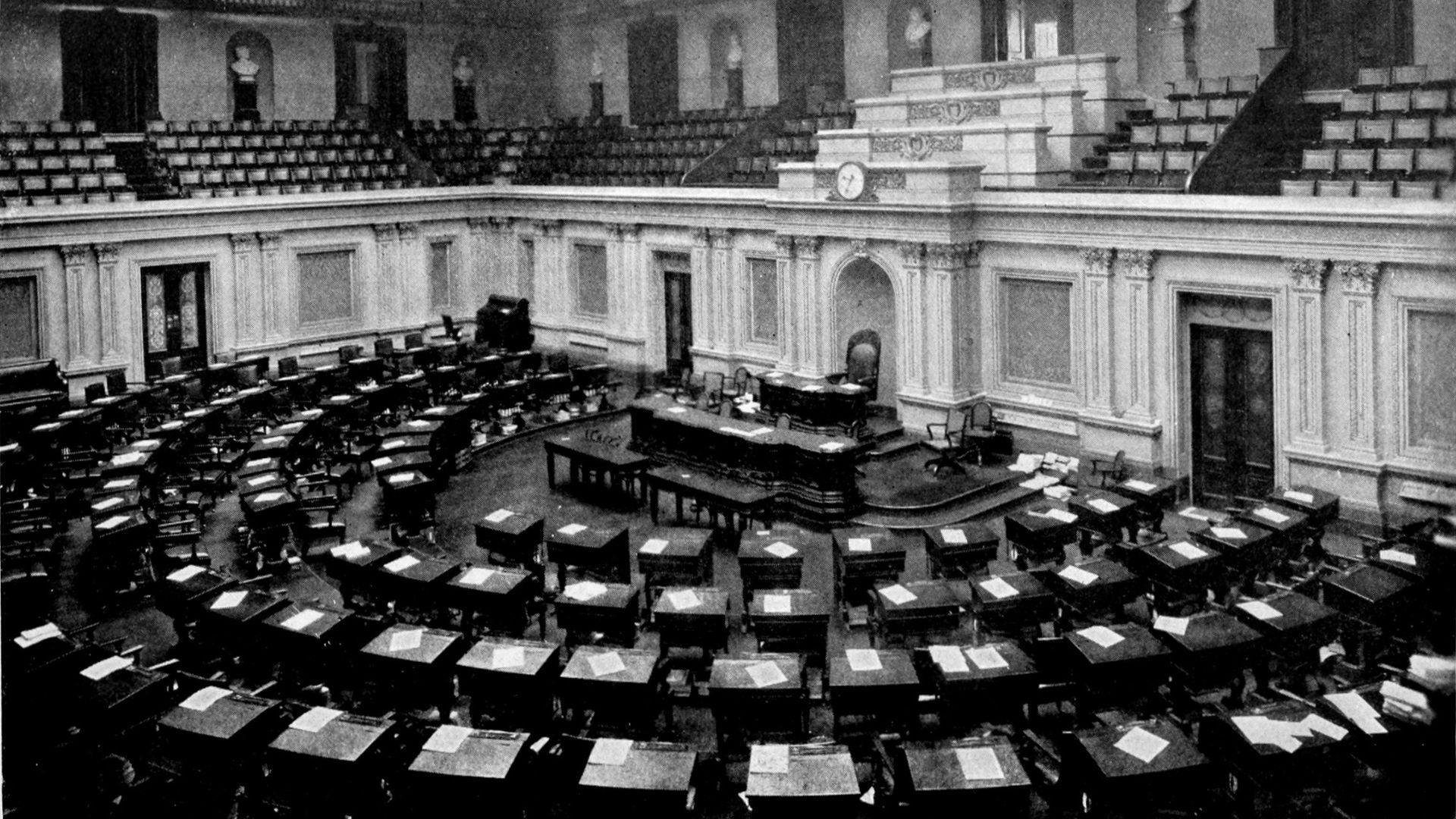
Source: Public Domain/Wikimedia Commons
Answer:
B) Hiram Revels
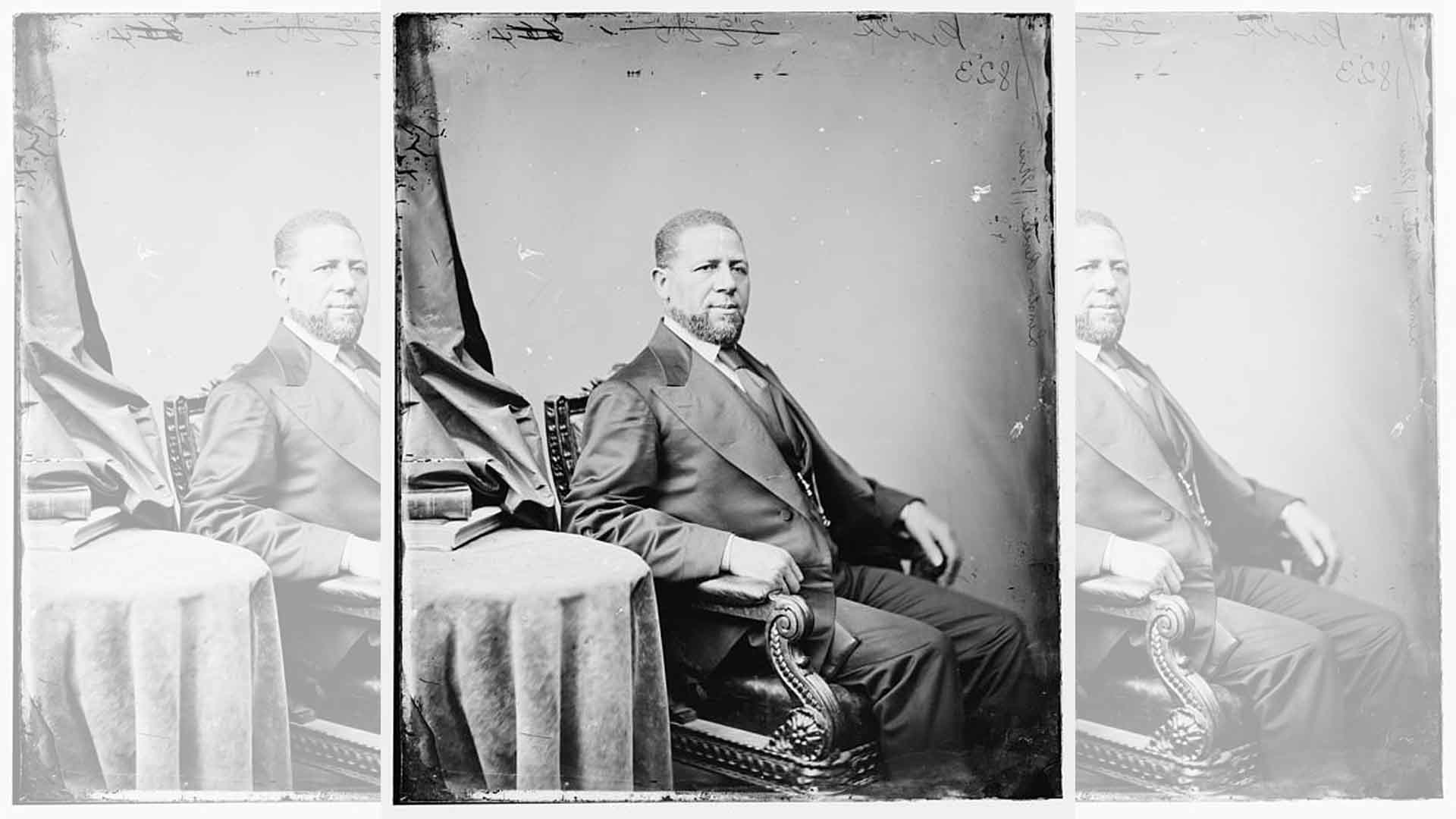
Source: Library of Congress
Which Supreme Court ruling declared segregation in public schools unconstitutional?
- A) Plessy v. Ferguson
- B) Brown v. Board of Education
- C) Roe v. Wade
- D) Marbury v. Madison
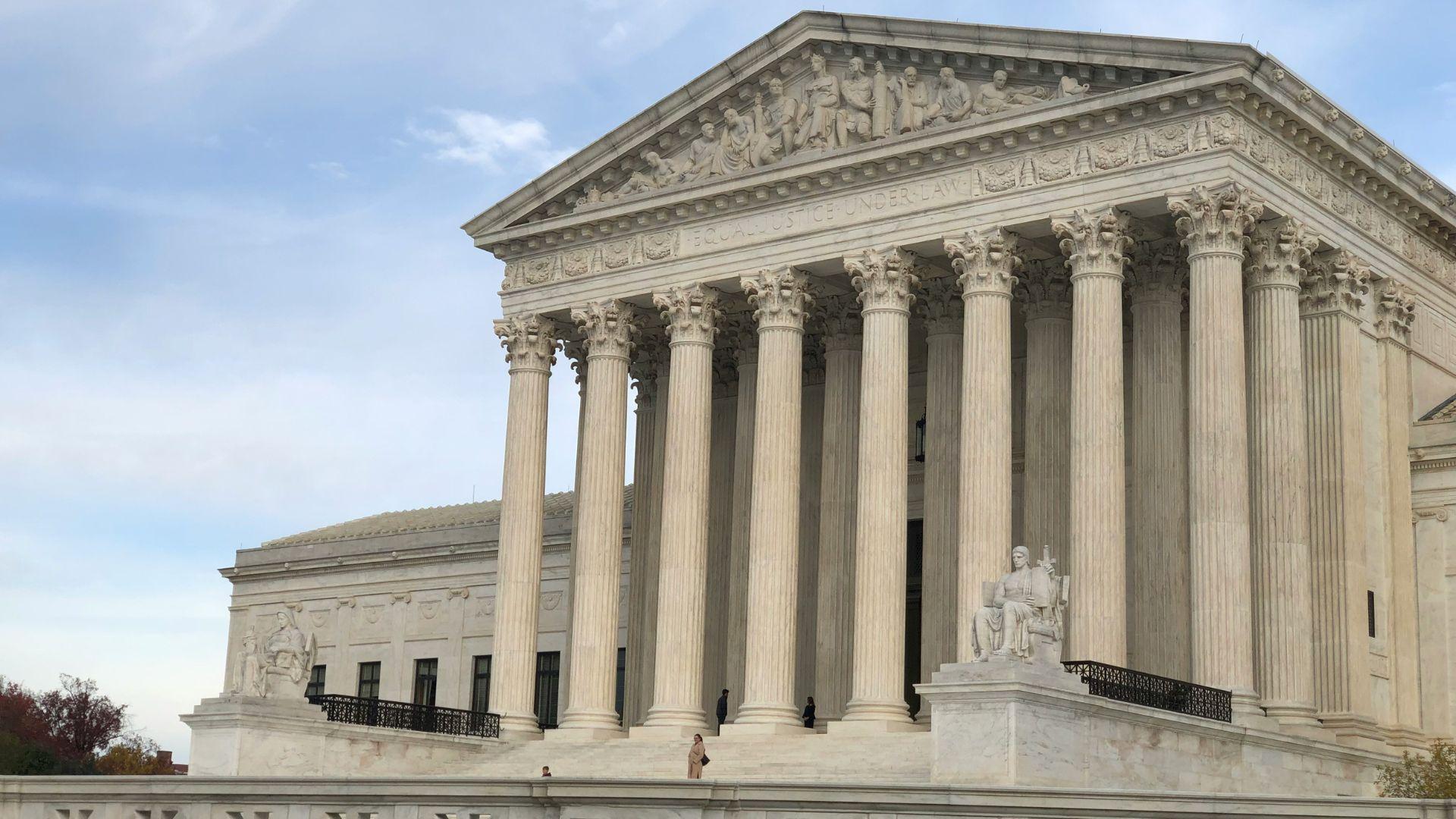
Source: Joshua Woods/Unsplash
Answer:
B) Brown v. Board of Education
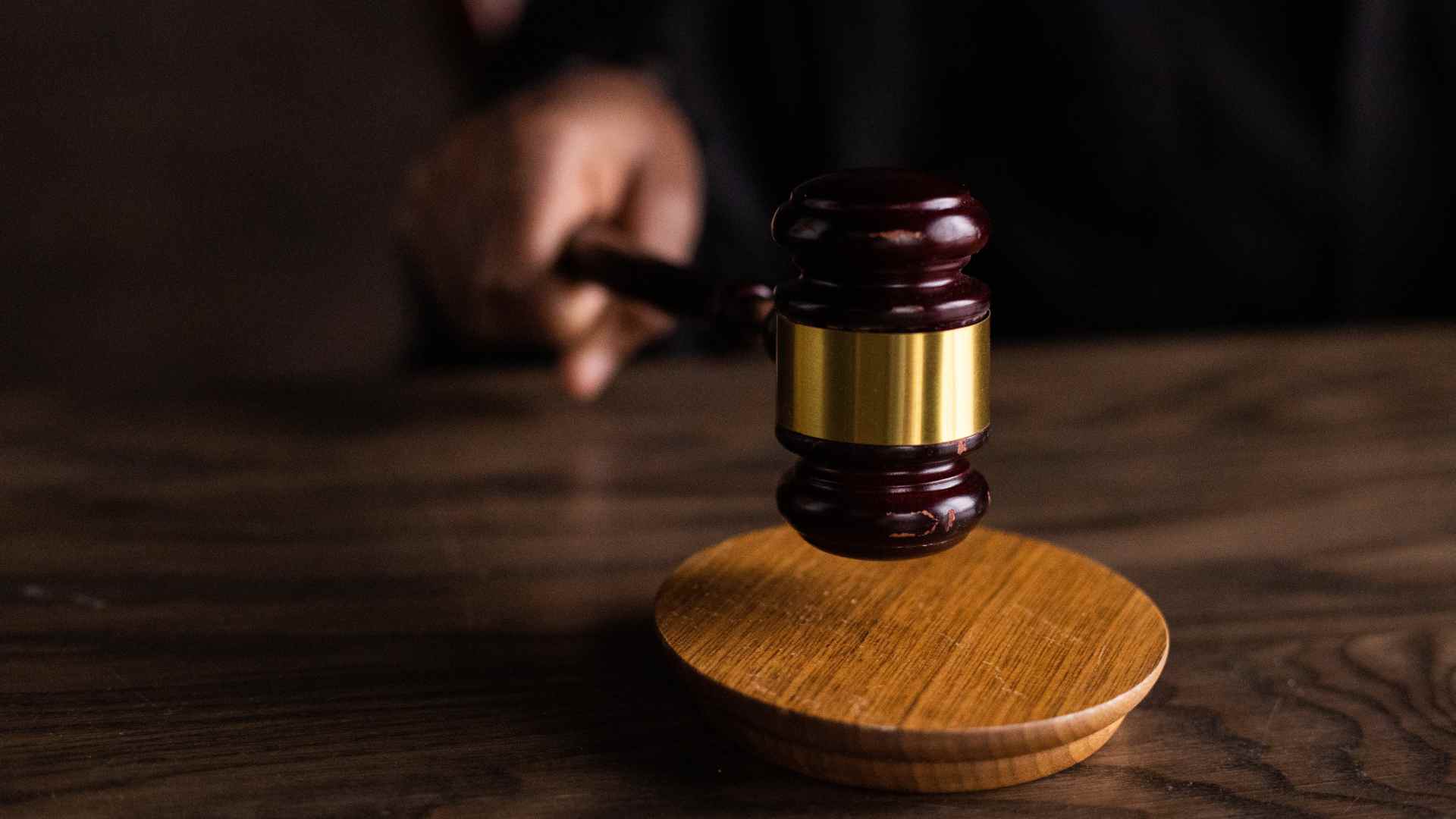
Source: Katrin Bolovtsova/Pexels
The Civil Rights Act of 1964 addressed discrimination in what areas?
- A) Voting rights
- B) Employment
- C) Public accommodations
- D) All of the above
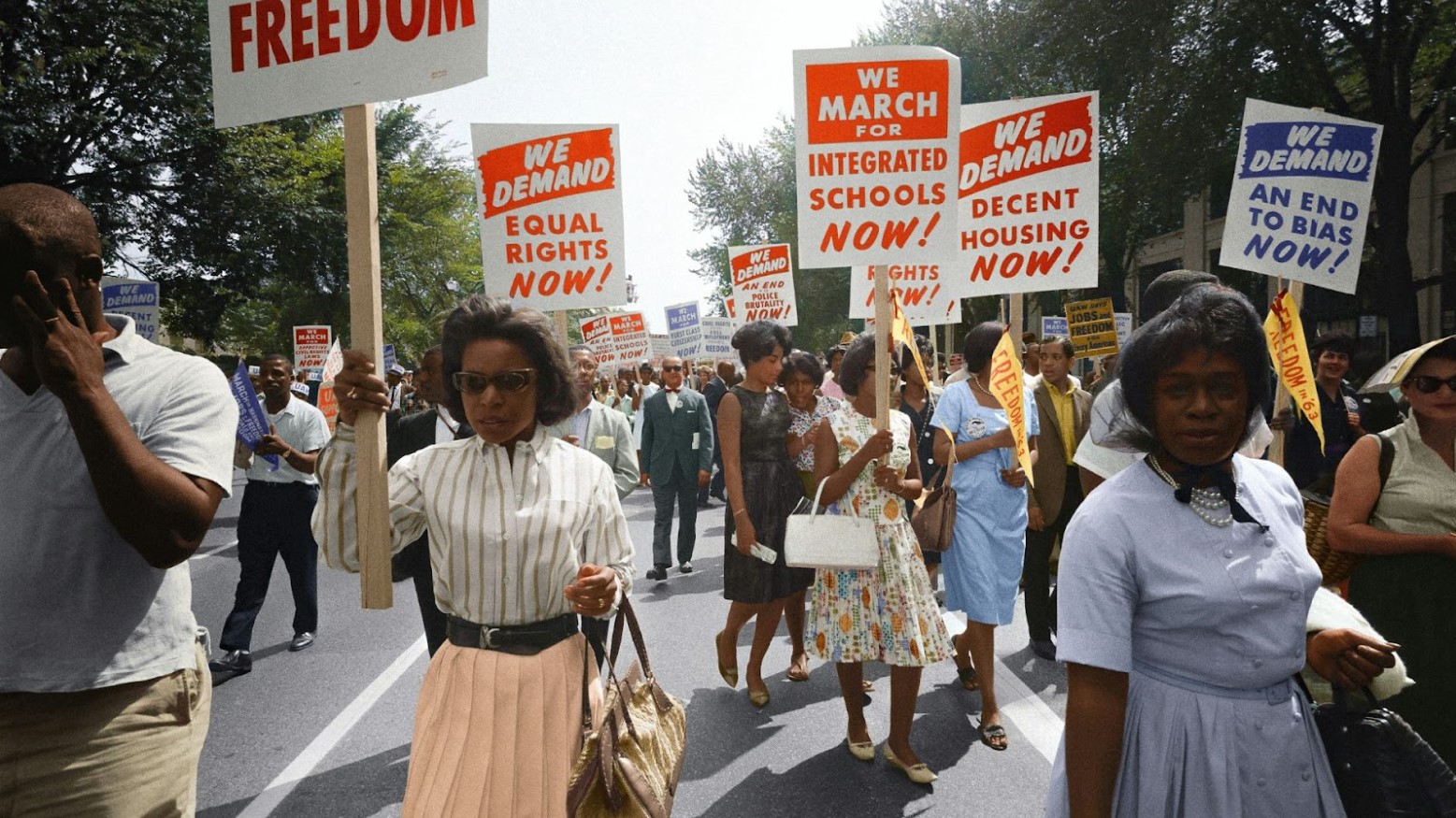
Source: Unseen Histories/Unsplash
Answer:
D) All of the above
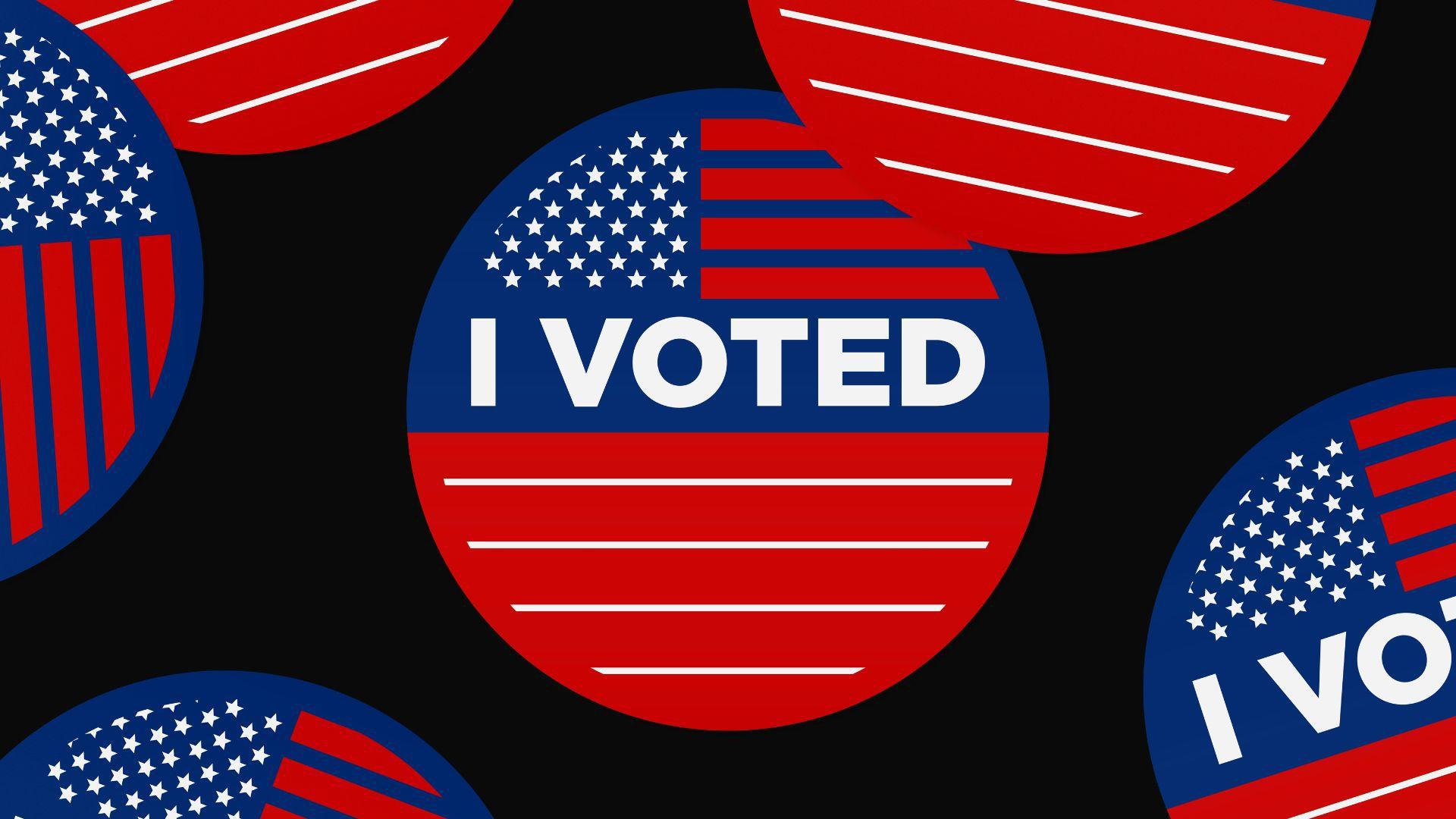
Source: visuals/Unsplash
What is Juneteenth?
- A) The end of the Civil War
- B) The day the Emancipation Proclamation was announced
- C) The day slavery was officially abolished in the U.S.
- D) The day the last enslaved people in the U.S. were freed

Source: Eric Rothermel
Answer:
D) The day the last enslaved people in the U.S. were freed
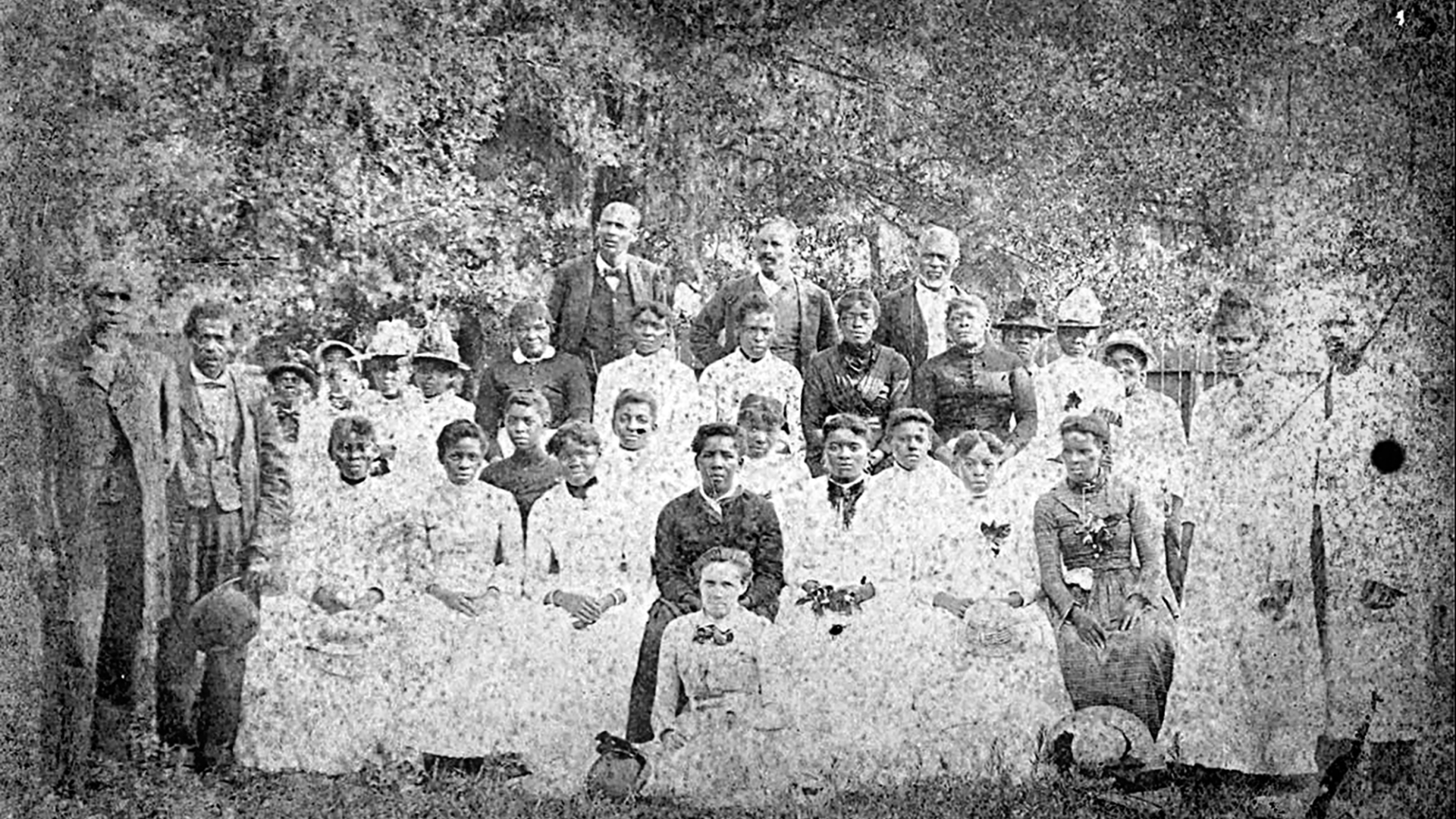
Source: Heathart/Wikimedia Commons
Who was the first African American woman to win the Nobel Prize for Literature?
- A) Maya Angelou
- B) Toni Morrison
- C) Alice Walker
- D) Angela Davis

Source: Prateek Katyal/Unsplash
Answer:
B) Toni Morrison
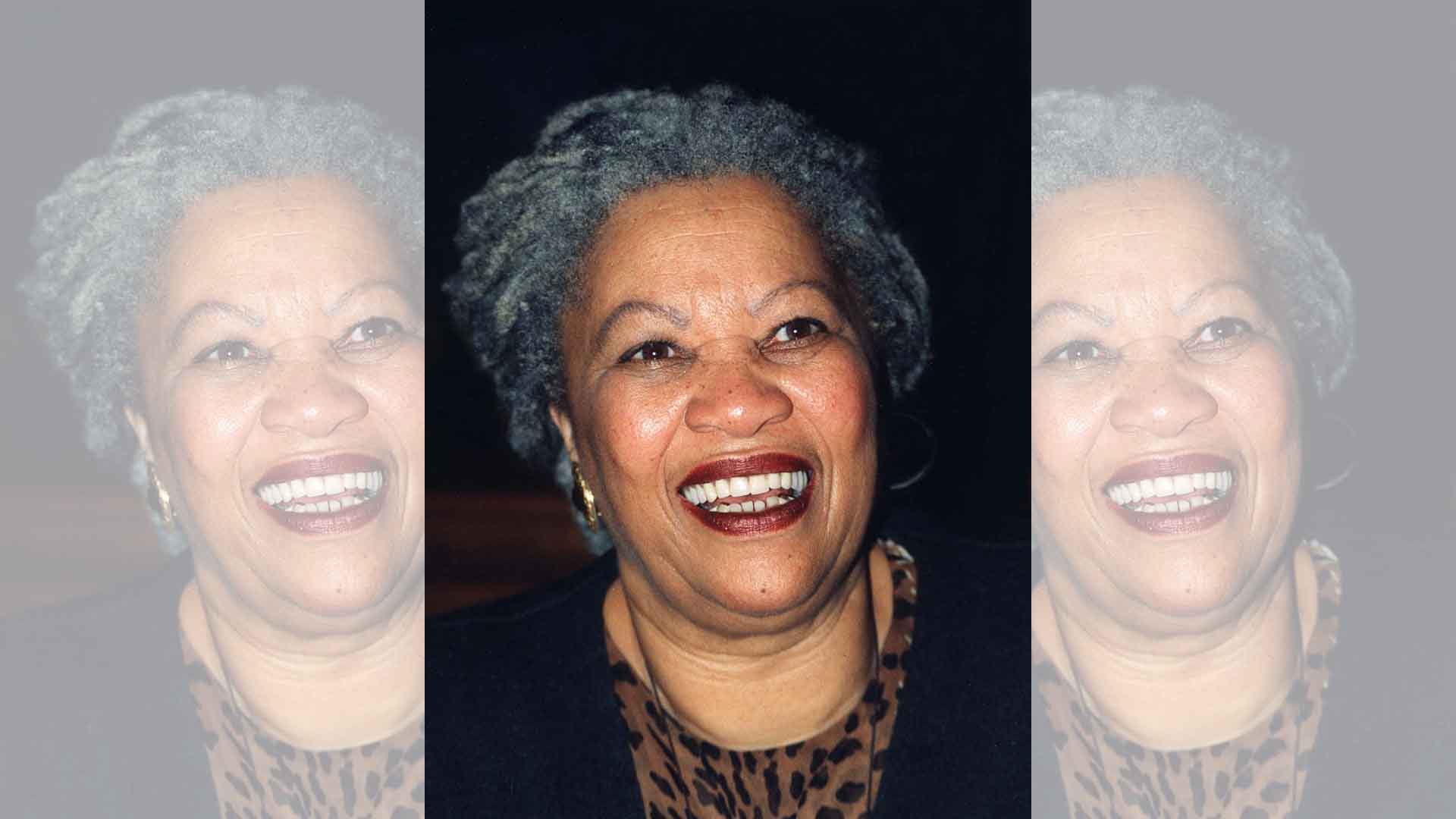
Source: John Mathew Smith/Wikipedia
What was the Harlem Renaissance?
- A) A political movement in Harlem
- B) A labor strike in New York City
- C) An African American cultural, social, and artistic explosion in the 1920s
- D) A Broadway show featuring African American performer
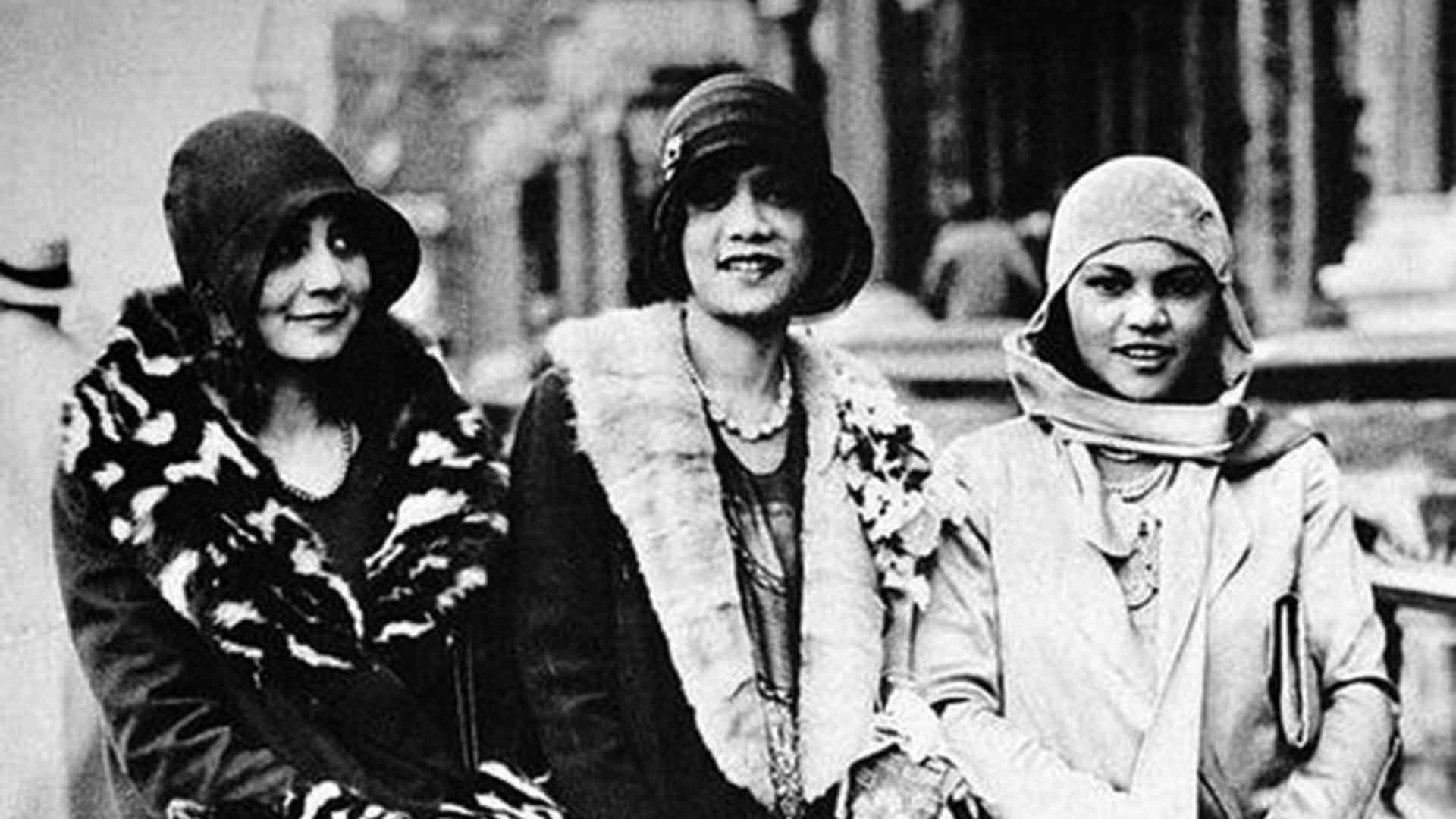
Source: Wikipedia
Answer:
C) An African American cultural, social, and artistic explosion in the 1920s
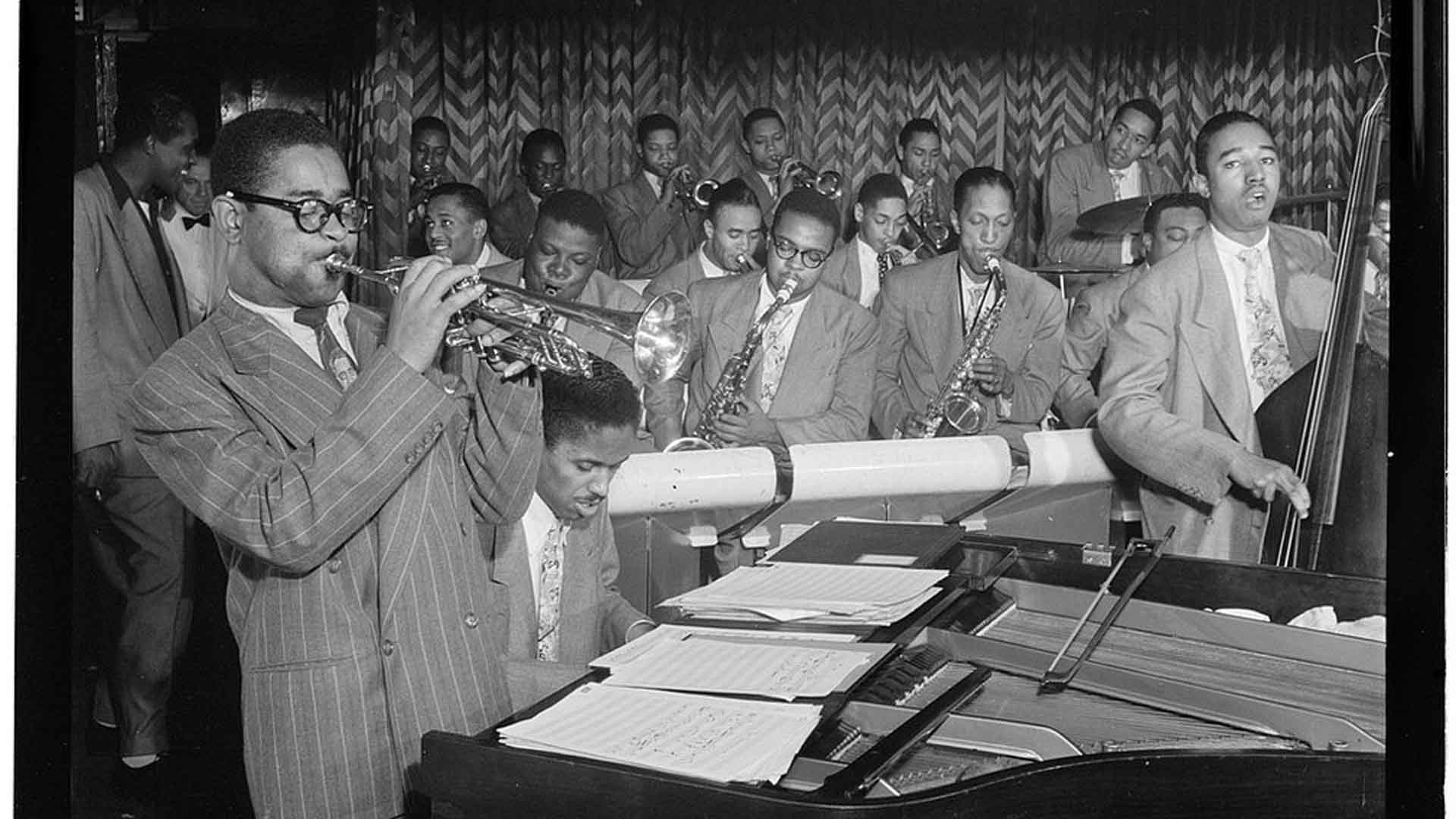
Source: Gottlieb, William P./Wikipedia
Which amendment abolished slavery in the United States?
- A) 13th Amendment
- B) 14th Amendment
- C) 15th Amendment
- D) 19th Amendment
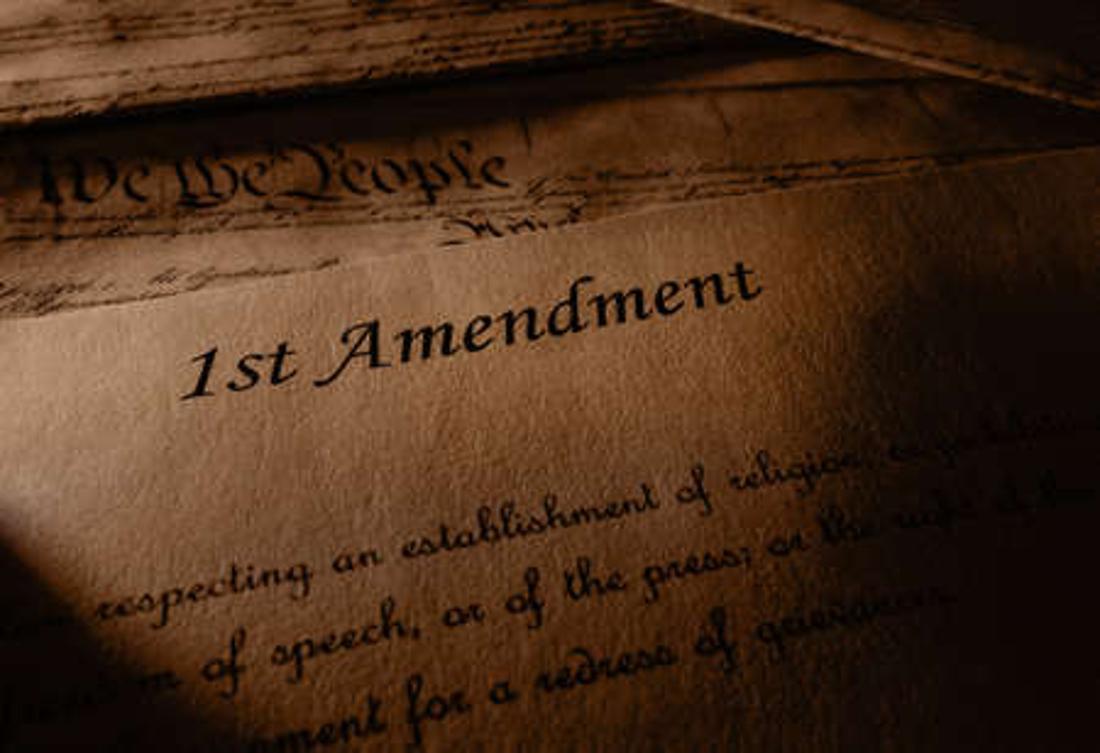
Source: 123RF
Answer:
A) 13th Amendment
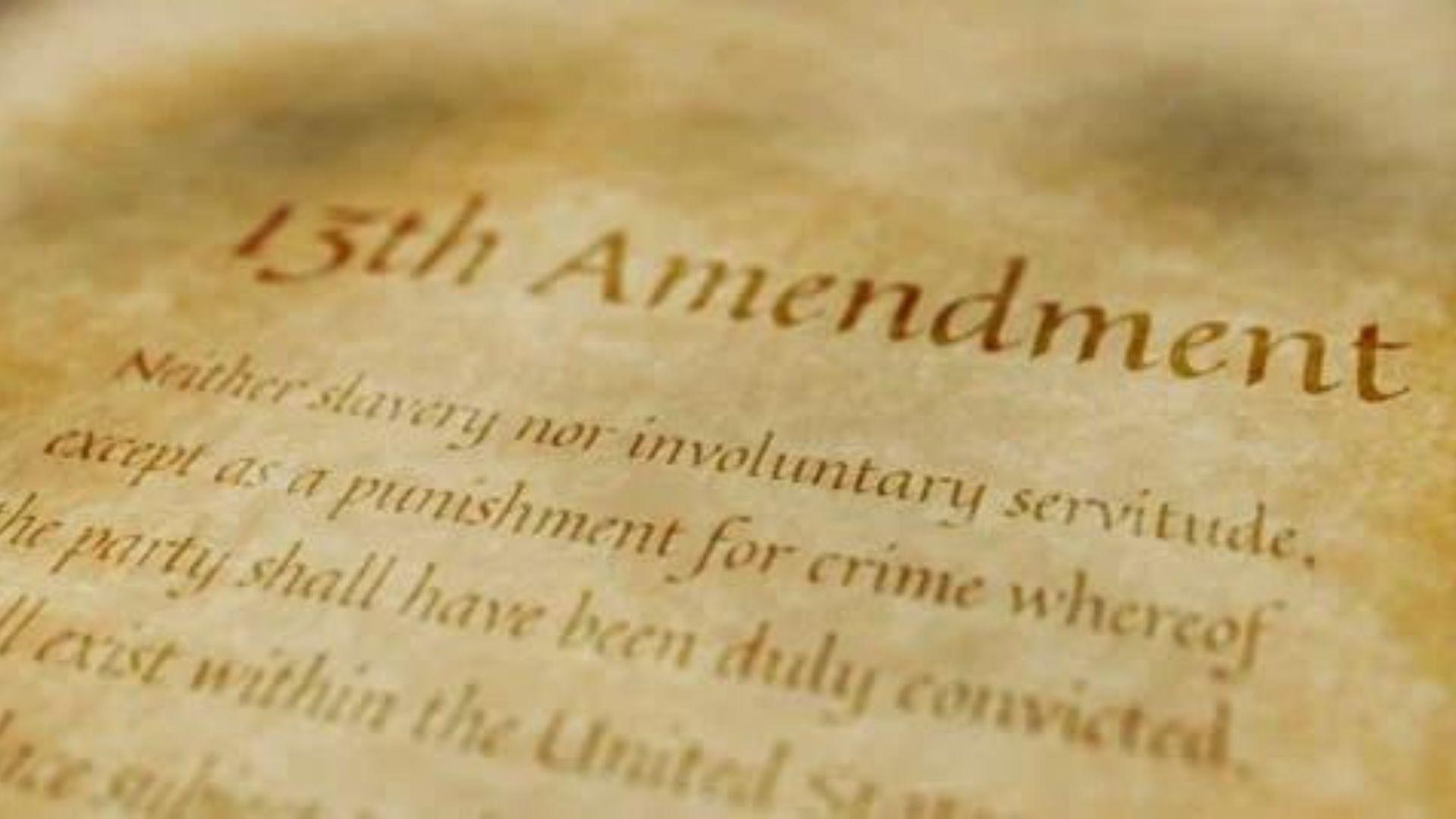
Source: Pond5
The Montgomery Bus Boycott was sparked by whose arrest?
- A) Malcolm X
- B) Rosa Parks
- C) Martin Luther King Jr.
- D) Harriet Tubman

Source: Freepik
Answer:
B) Rosa Parks
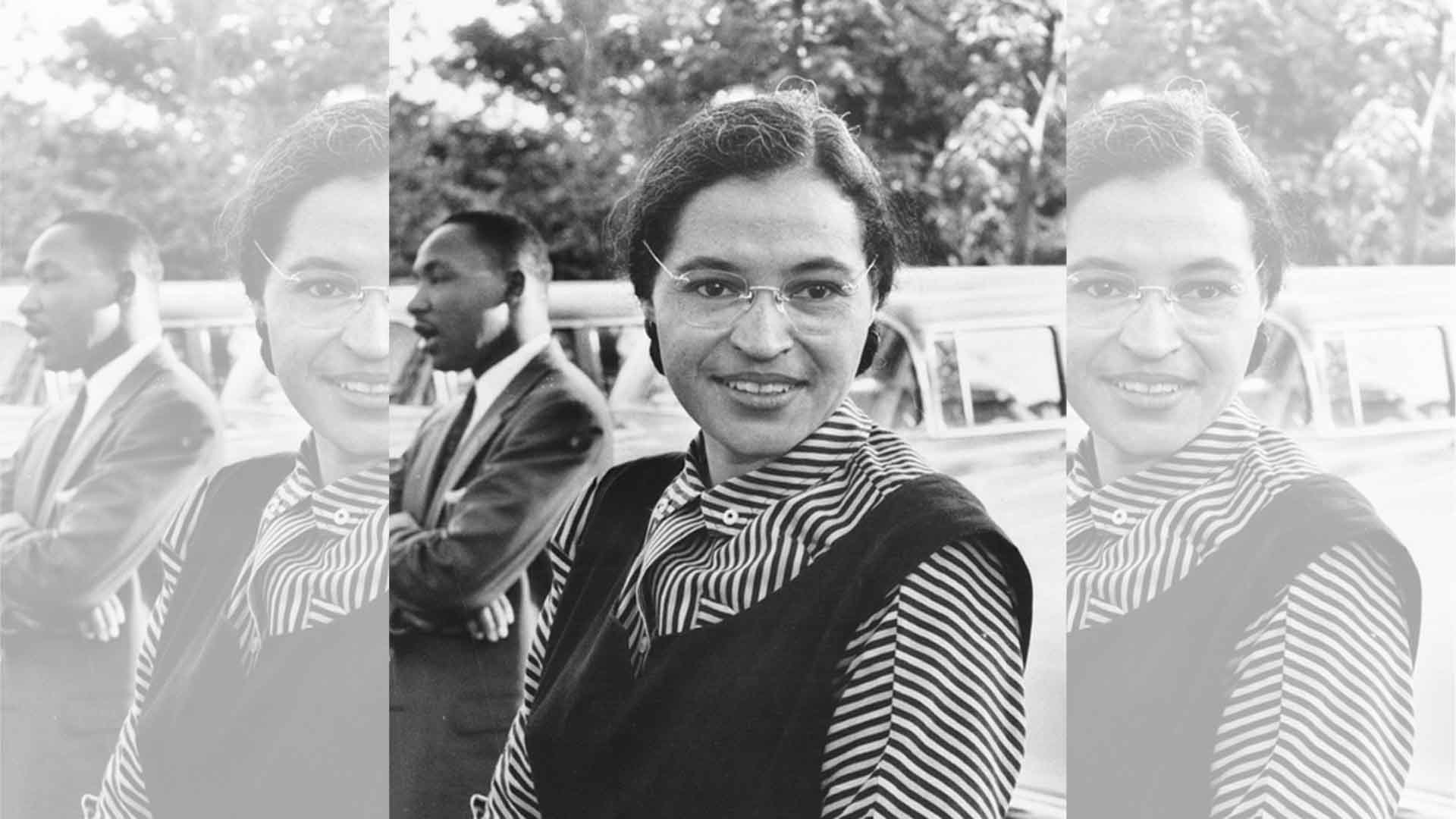
Source: USIA/National Archives and Records Administration Records of the U.S. Information Agency Record Group 306/Wikipedia
Which organization was founded by W.E.B. Du Bois and others in 1909 to advocate for African American rights?
- A) American Civil Liberties Union (ACLU)
- B) Black Panther Party
- C) National Association for the Advancement of Colored People (NAACP)
- D) Southern Christian Leadership Conference (SCLC)
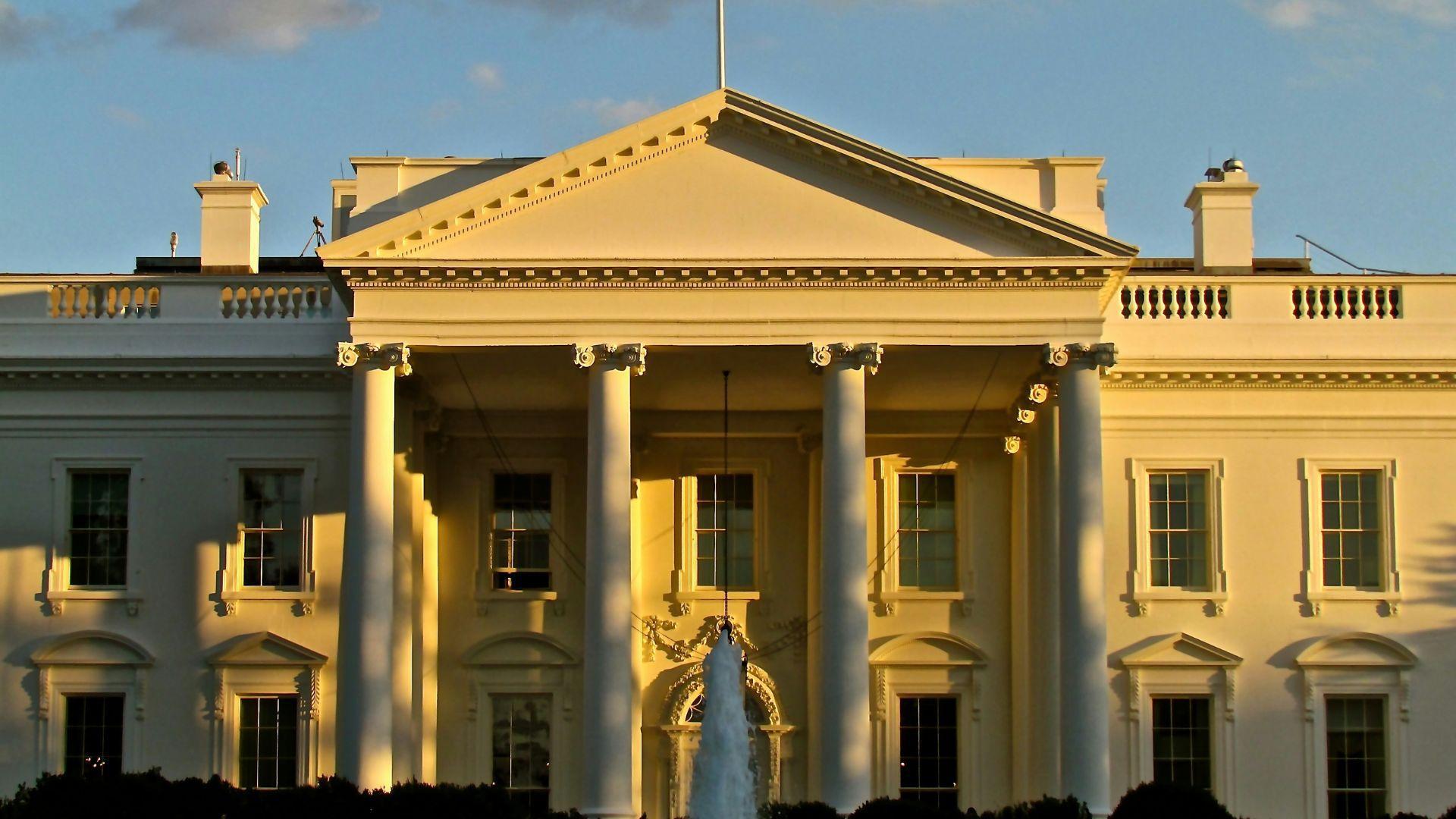
Source: Suzy Brooks/Unsplash
Answer:
C) National Association for the Advancement of Colored People (NAACP)
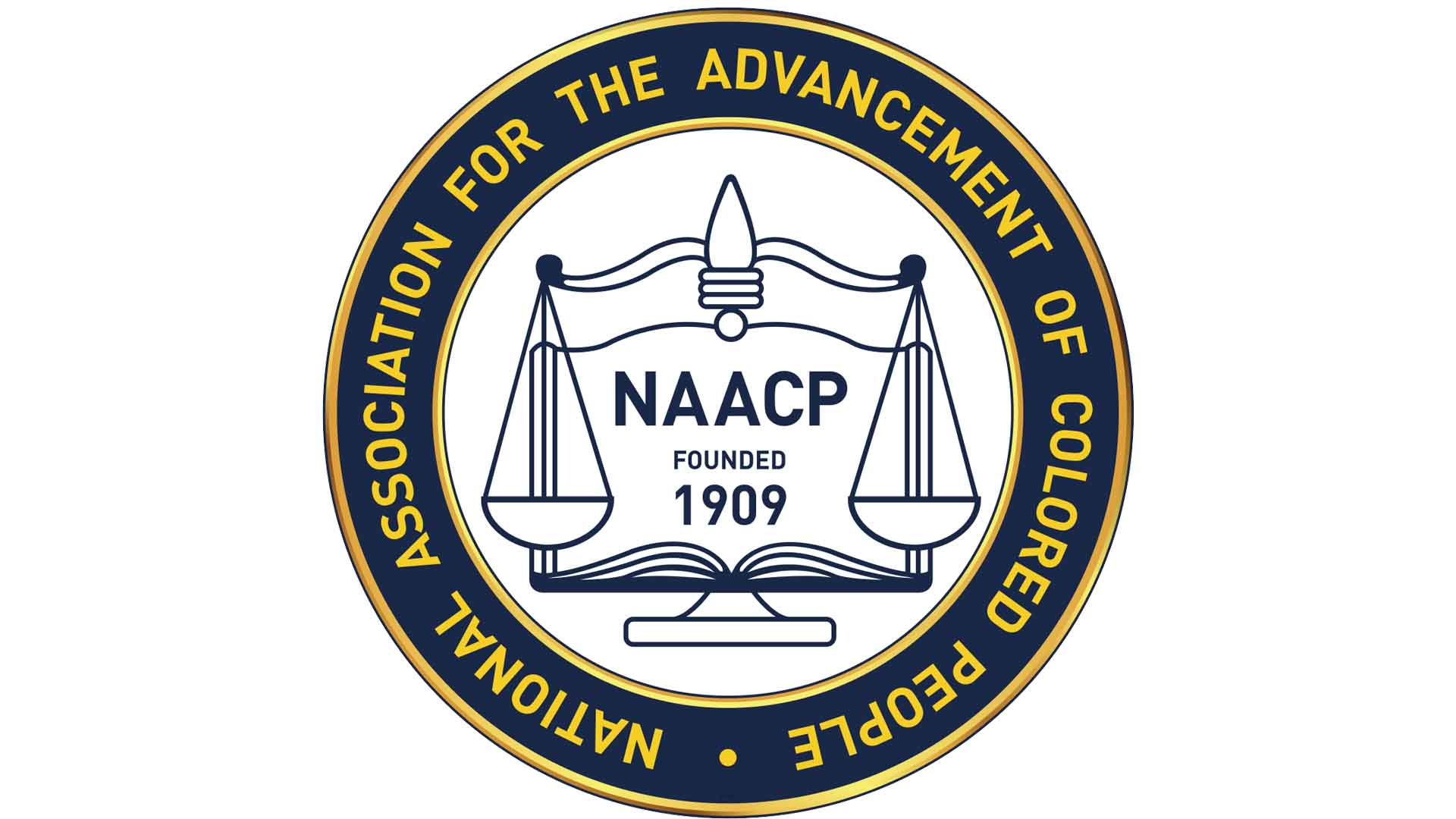
Source: NAACP
The Black Power movement emphasized which of the following?
- A) Nonviolent protest
- B) Racial pride, economic empowerment, and the creation of political and cultural institutions
- C) Integration into white society
- D) The return to Africa
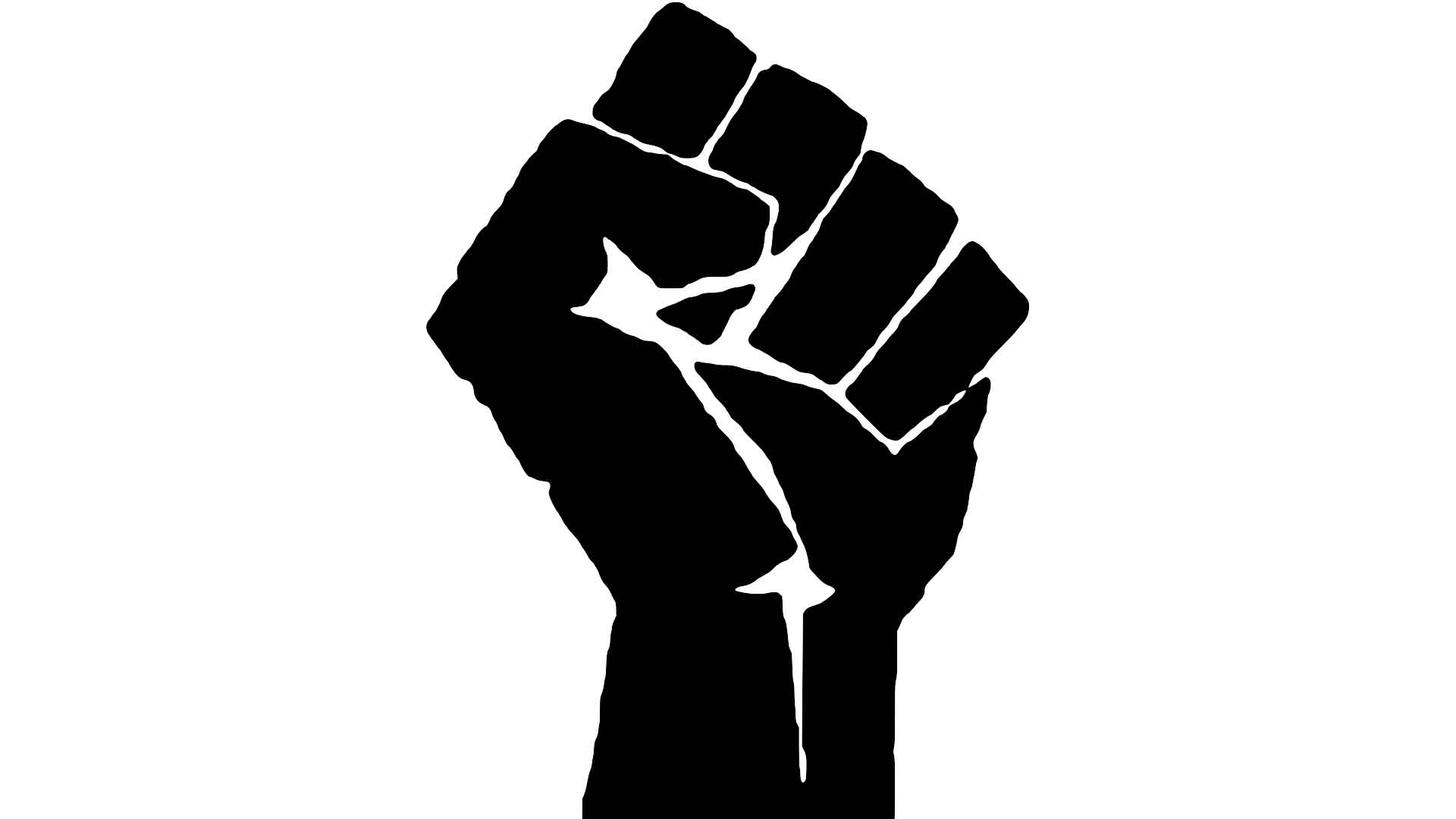
Source: Wikipedia
Answer:
B) Racial pride, economic empowerment, and the creation of political and cultural institutions
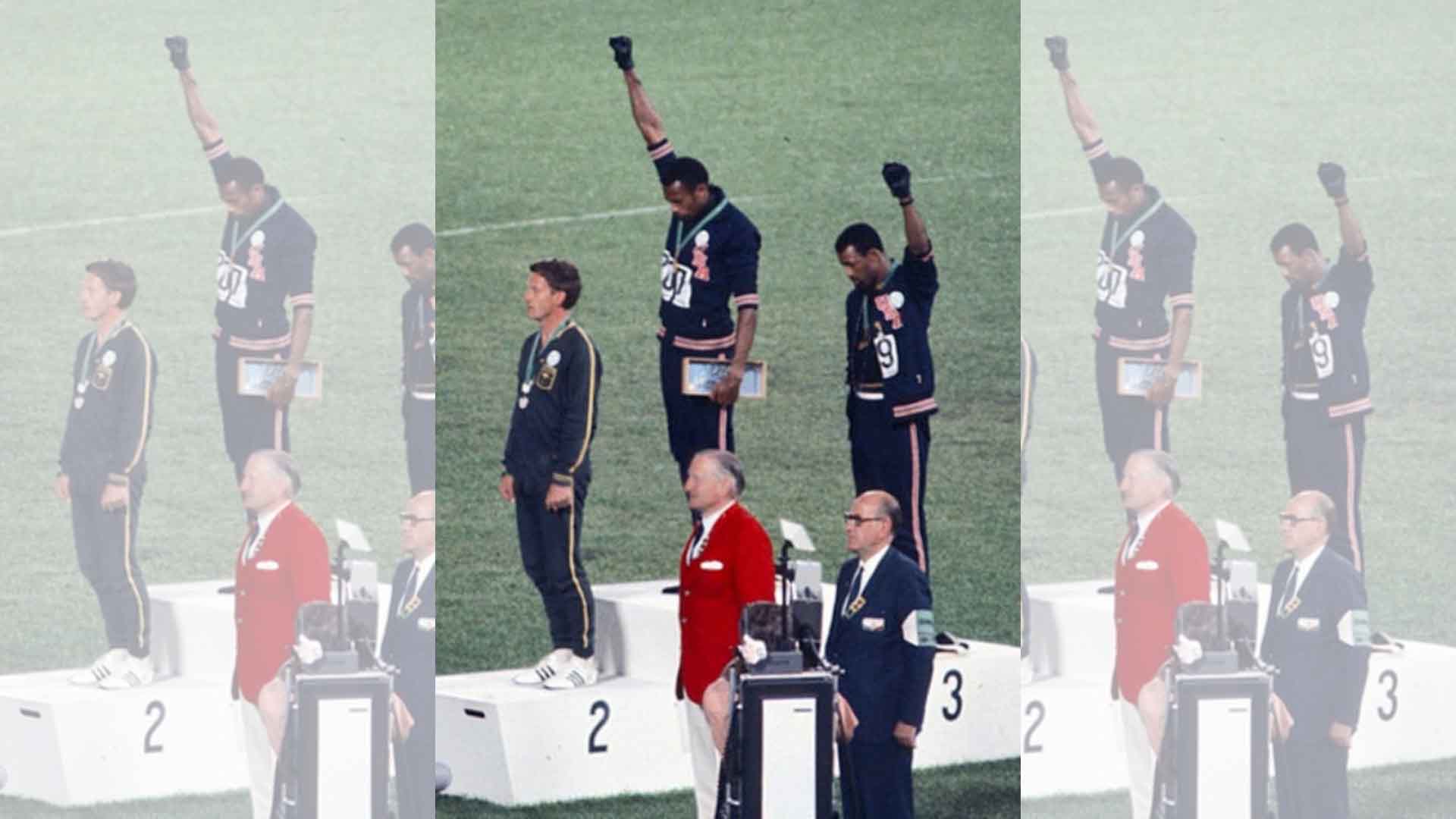
Source: Angelo Cozzi/Wikipedia
Who delivered the famous "I Have a Dream" speech?
- A) Malcolm X
- B) Barack Obama
- C) Martin Luther King Jr.
- D) Frederick Douglass
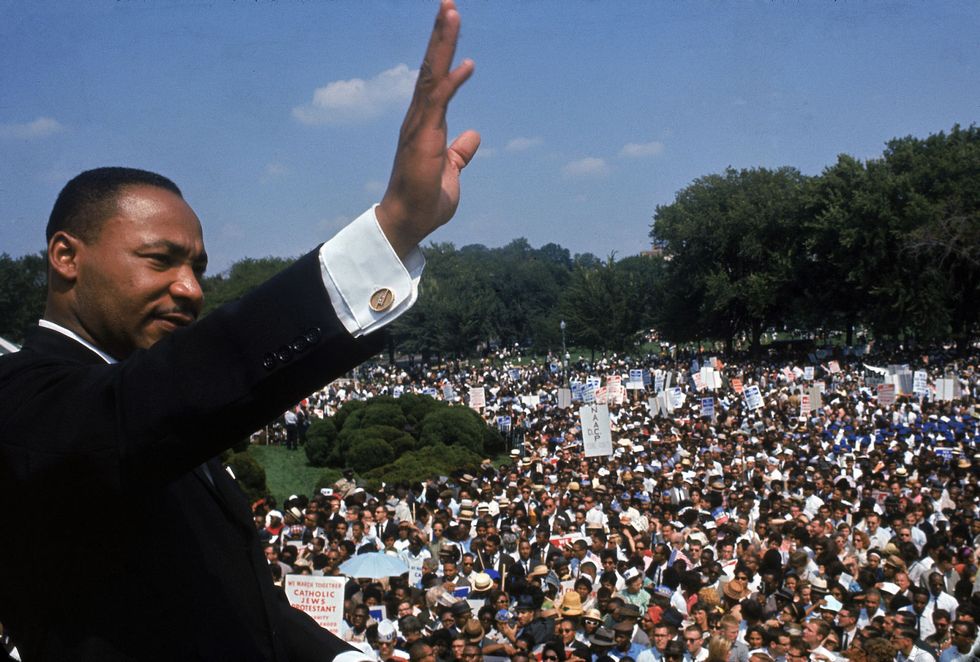
Source: Francis Miller/ The Life Picture Collection/ Getty Images
Answer:
C) Martin Luther King Jr.
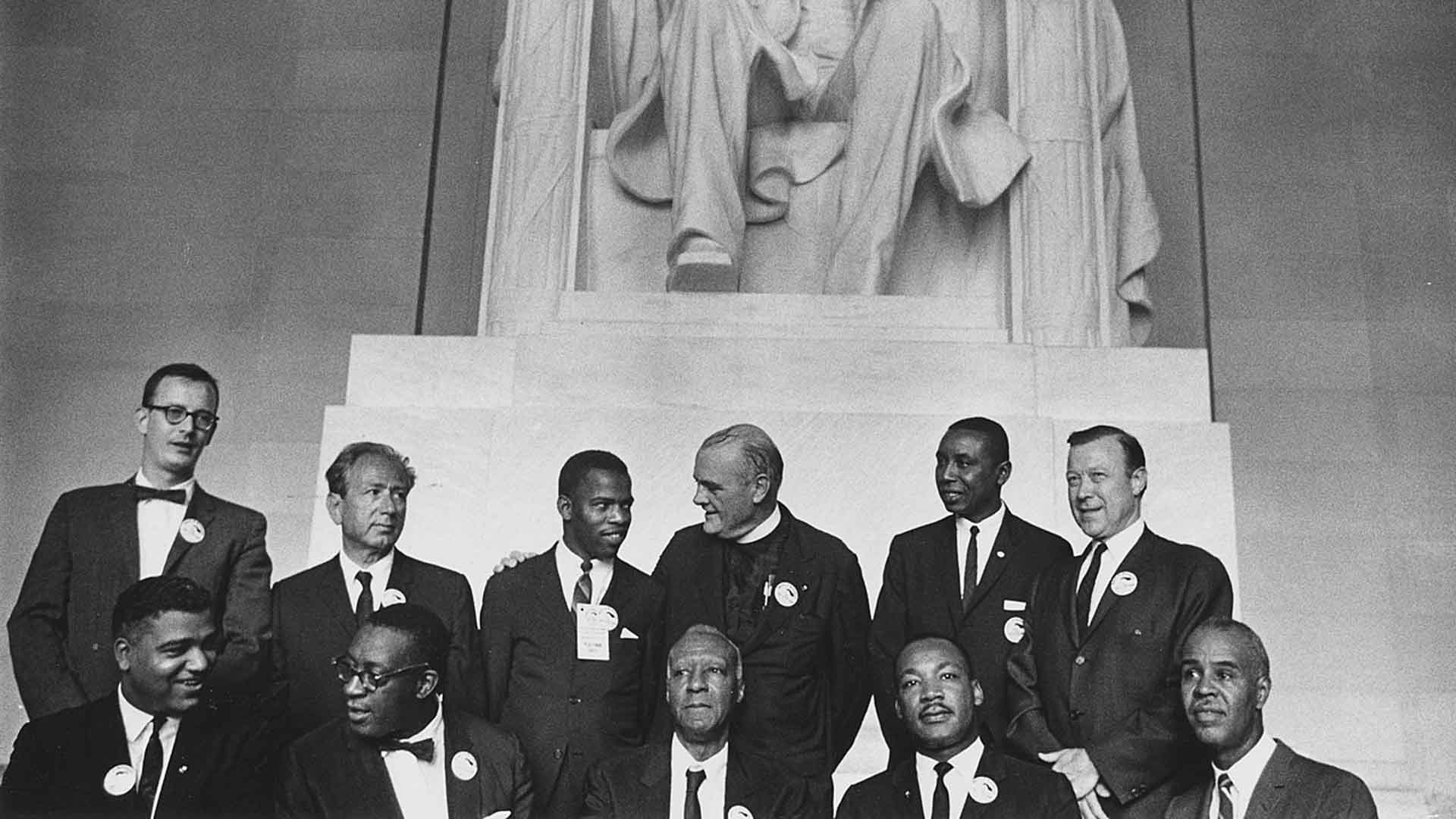
Source: Rowland Scherman/Wikipedia
What major event is commemorated by Black History Month in February in the United States?
- A) The signing of the Emancipation Proclamation
- B) The birth of Martin Luther King Jr.
- C) The achievements of African Americans throughout U.S. history
- D) The end of the Civil War
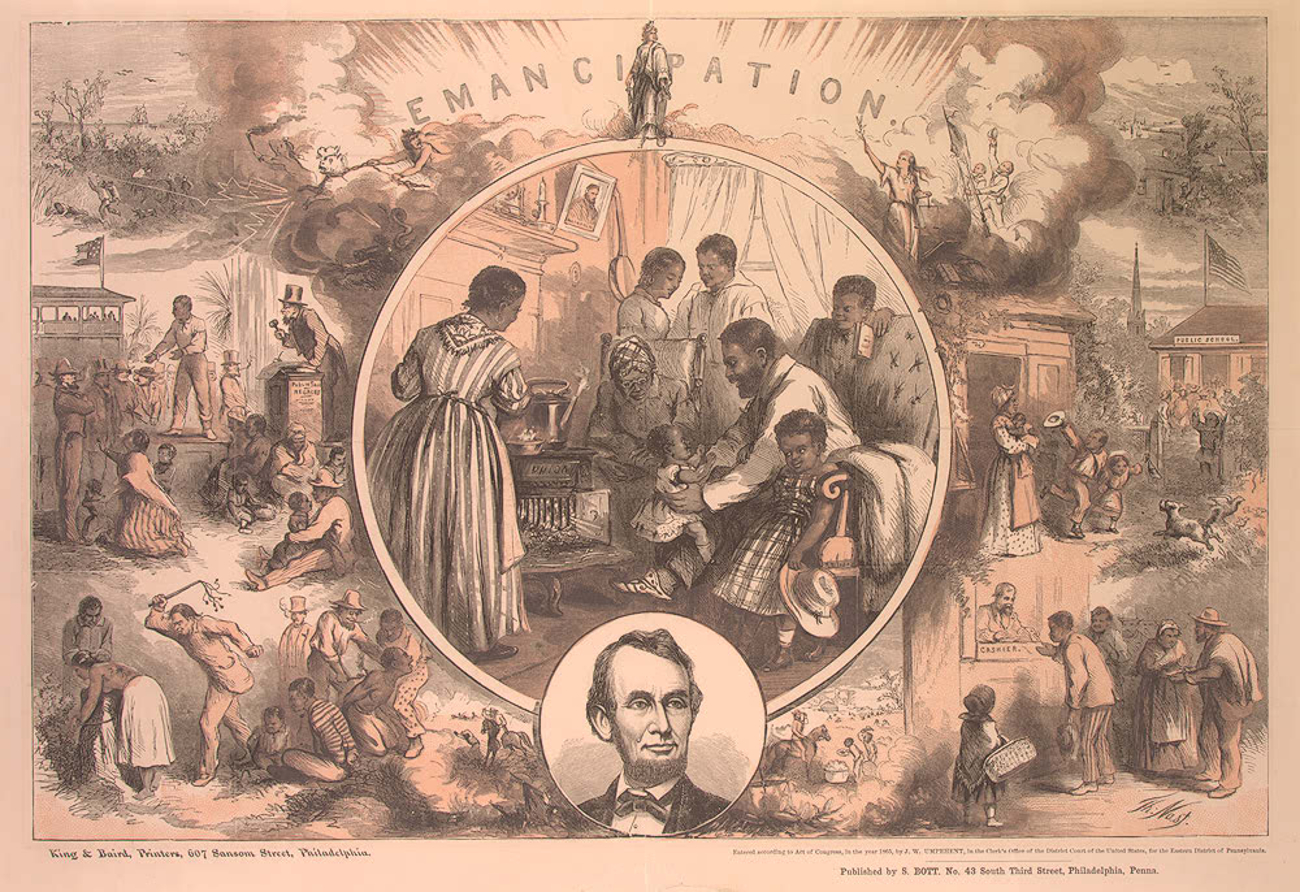
Source: Library of Congress
Awnser:
C) The achievements of African Americans throughout U.S. history
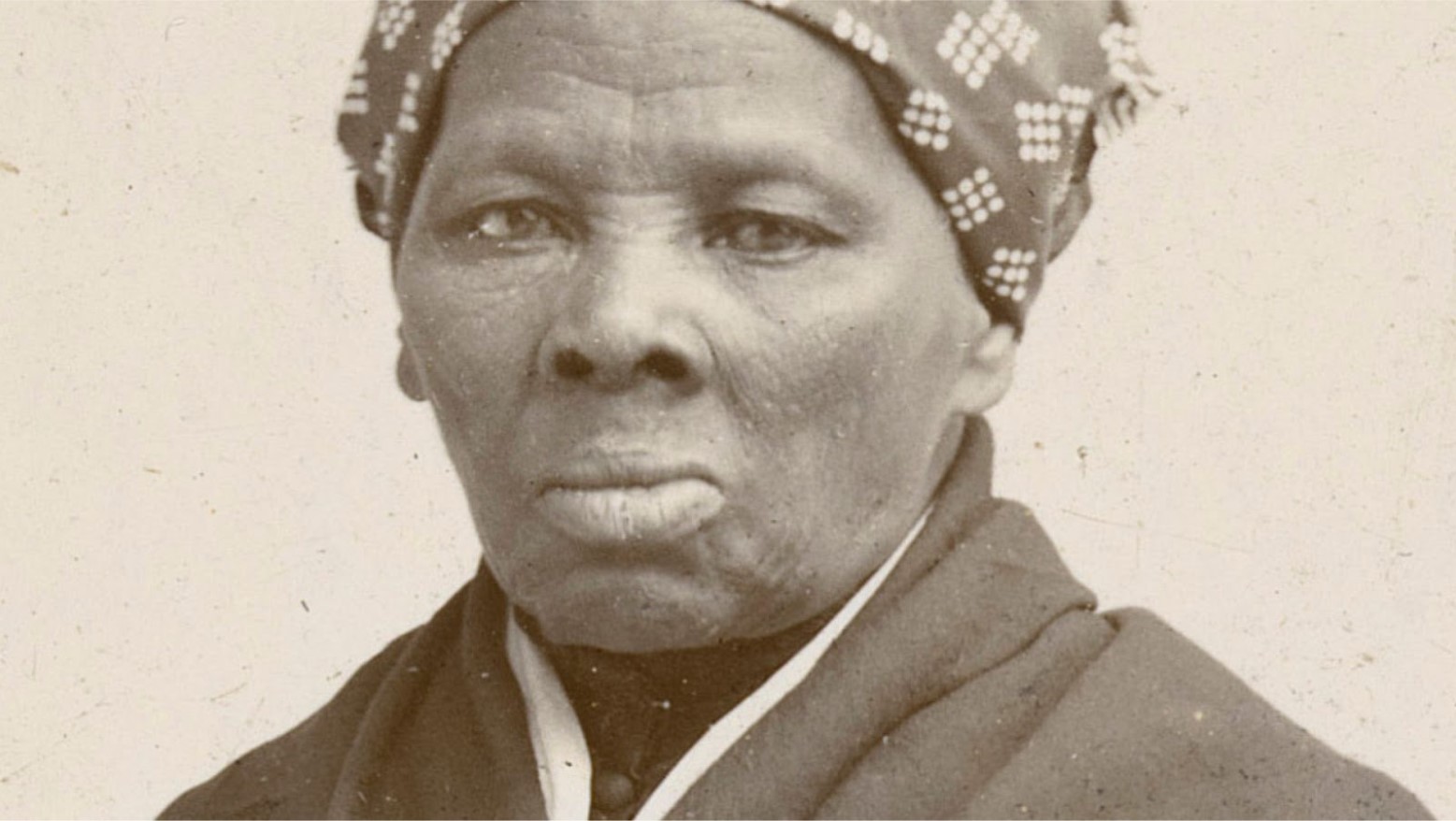
Source: Public Domain/Wikimedia Commons
In which year was the landmark legislation known as the Voting Rights Act signed?
- A) 1960
- B) 1964
- C) 1965
- D) 1970
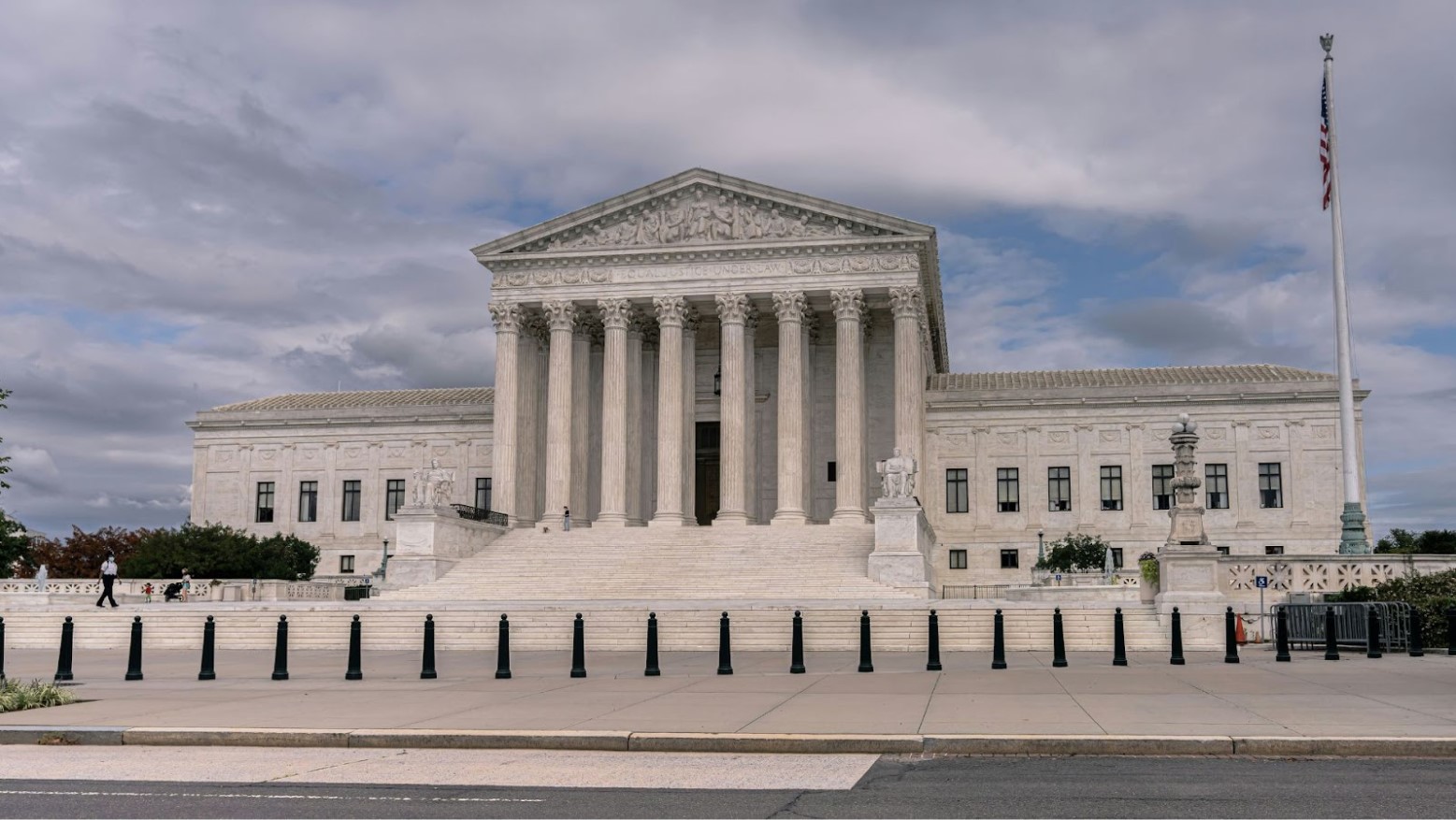
Source: Adam Michael Szuscik/Unsplash
Answer:
C) 1965
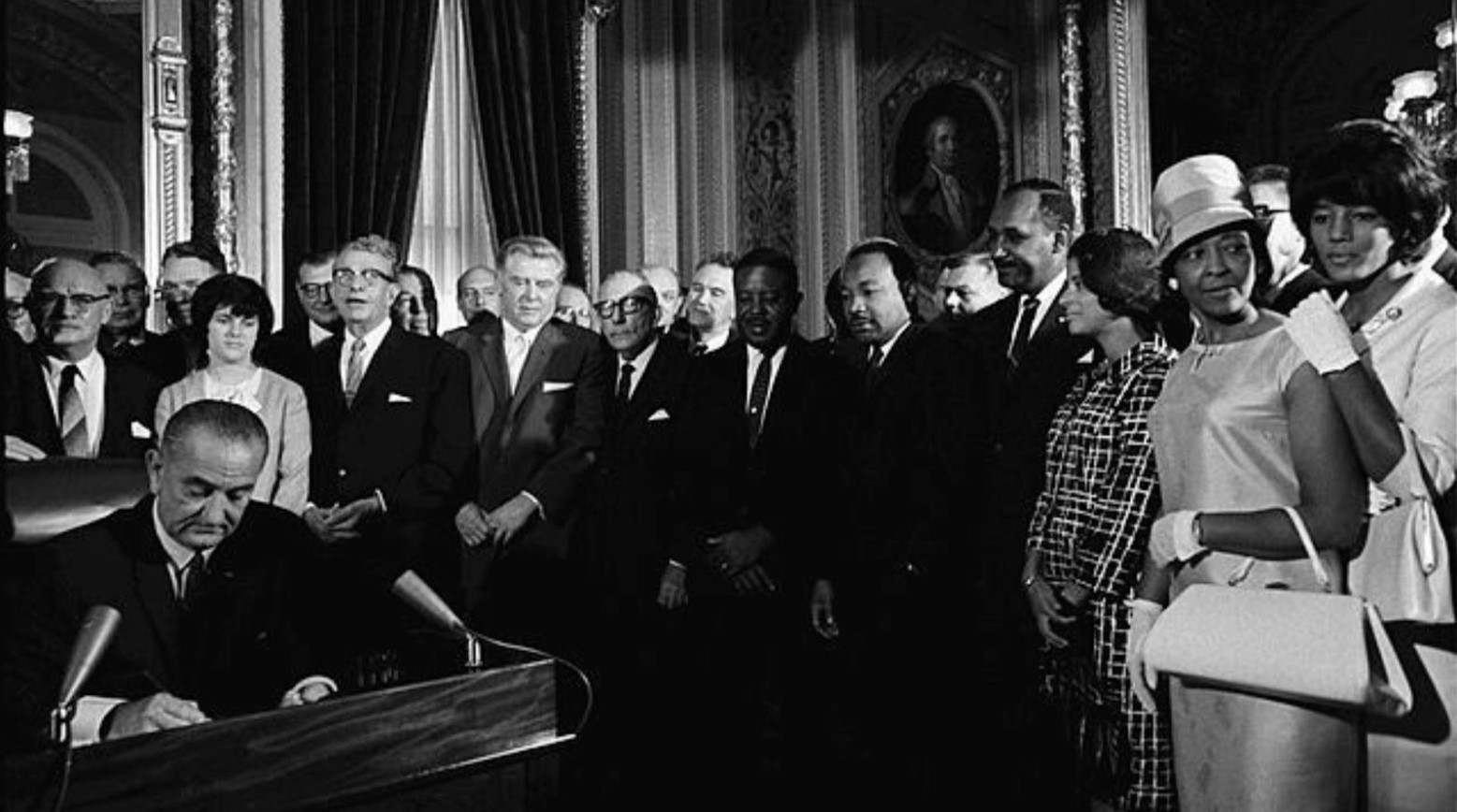
Source: Yoichi Okamoto/Wikimedia Commons
The concept of "separate but equal" was established by which Supreme Court case?
- A) Brown v. Board of Education
- B) Plessy v. Ferguson
- C) Roe v. Wade
- D) Dred Scott v. Sandford
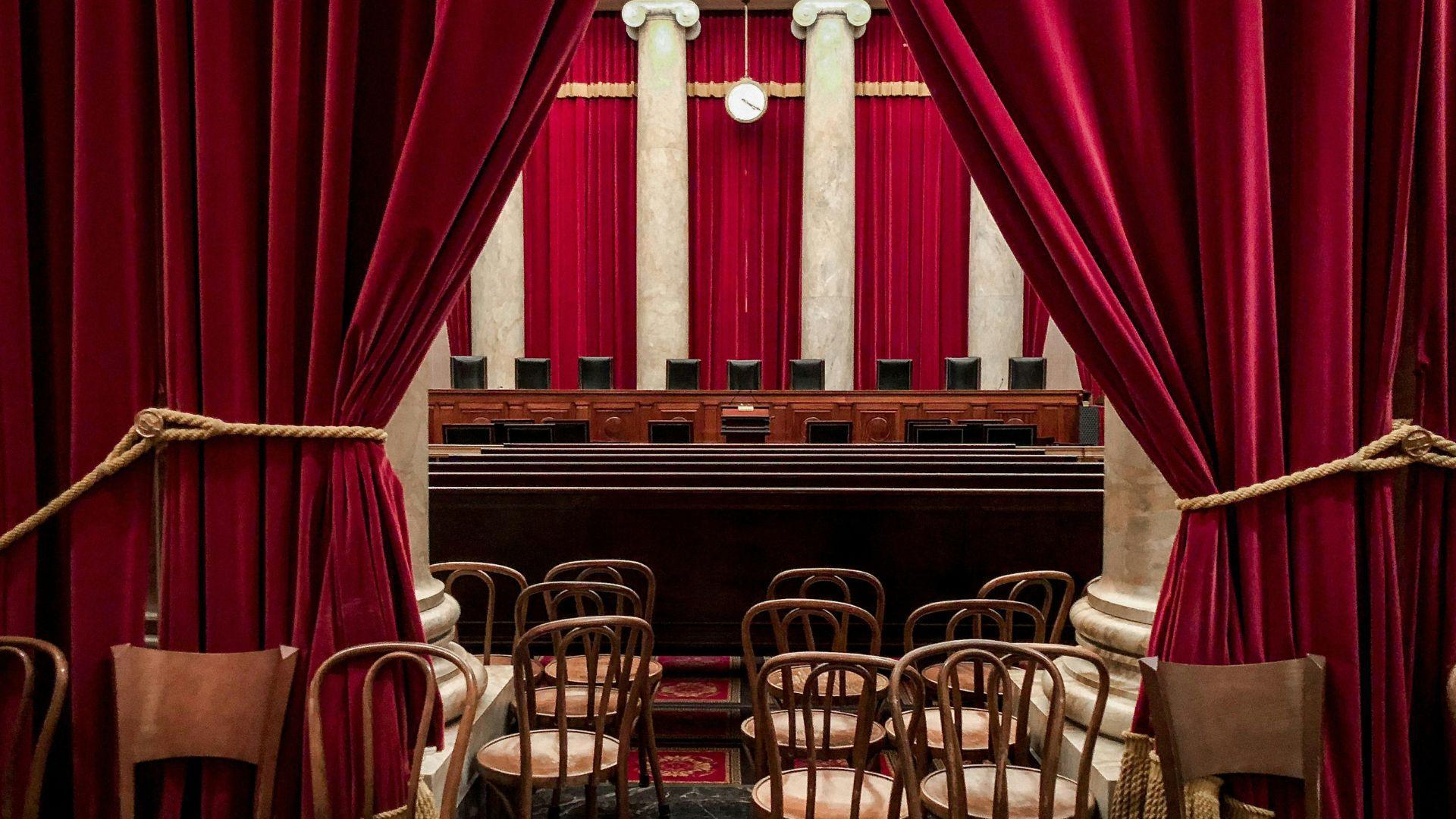
Source: Jackie Hope/Unsplash
Answer:
B) Plessy v. Ferguson
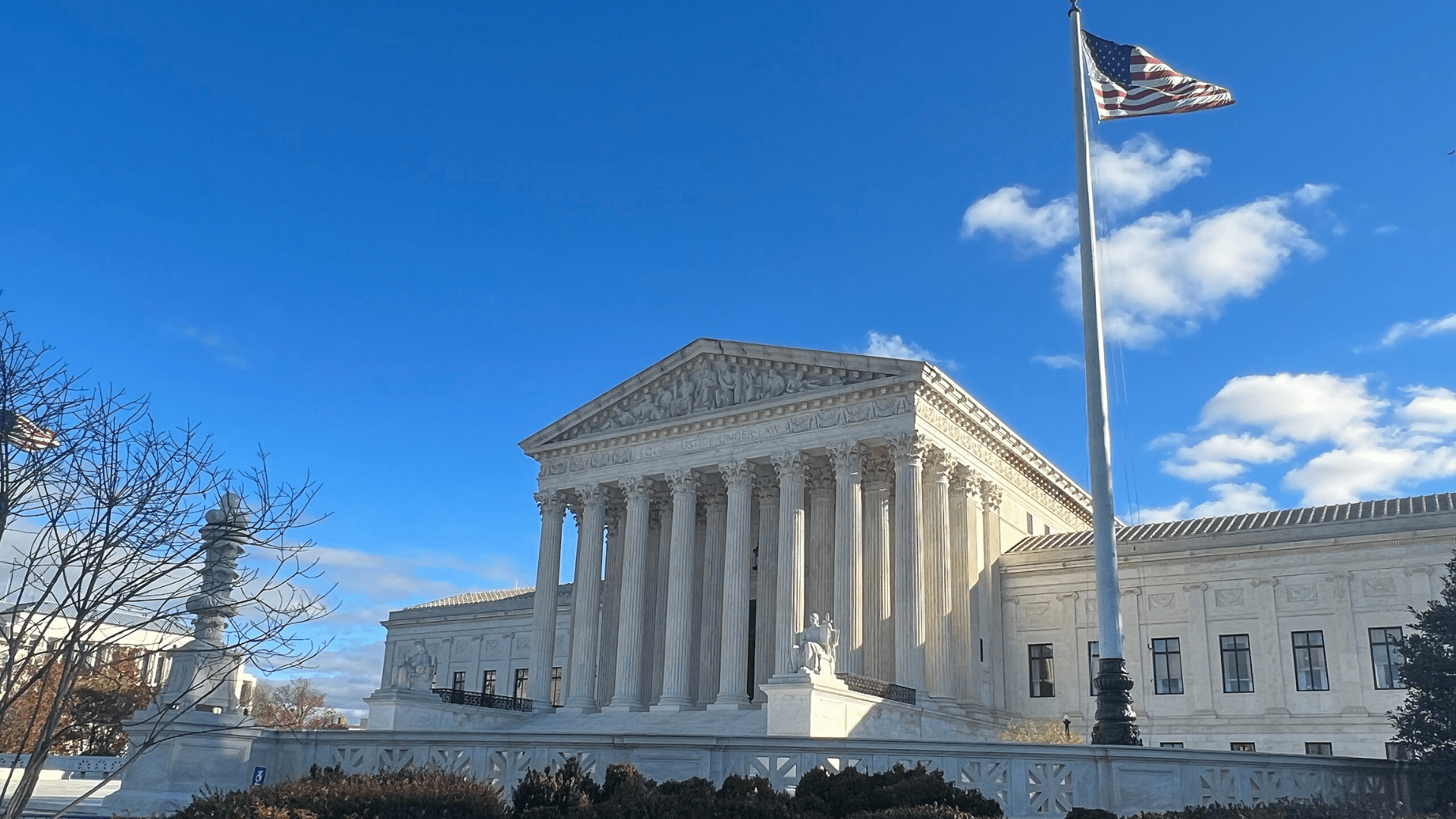
Pacamah/Wikimedia Commons
The Black Lives Matter movement began in response to what?
- A) The election of Barack Obama
- B) The acquittal of Trayvon Martin’s shooter
- C) The Montgomery Bus Boycott
- D) The Harlem Renaissance
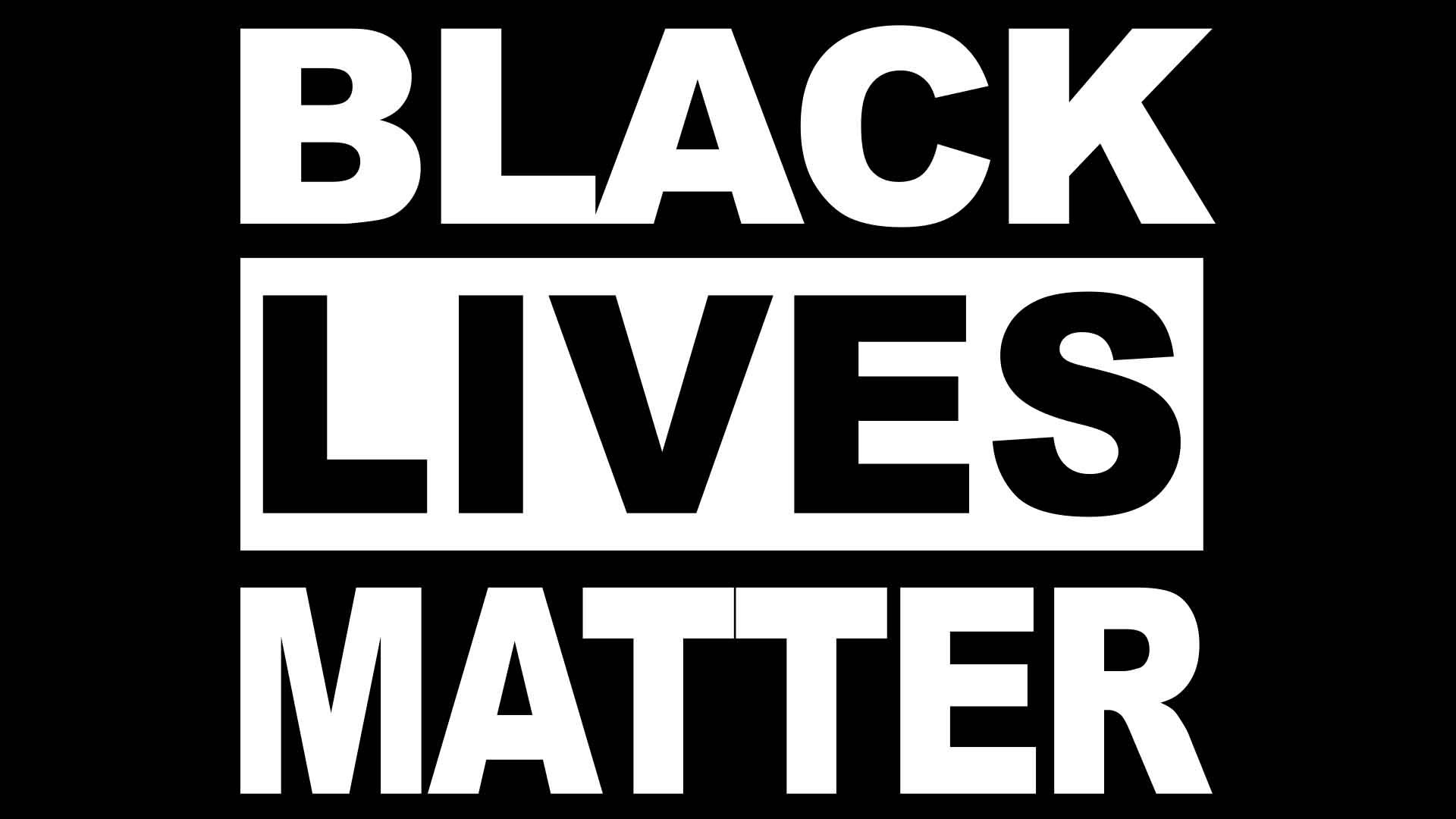
Source: Wikipedia
Answer:
B) The acquittal of Trayvon Martin’s shooter
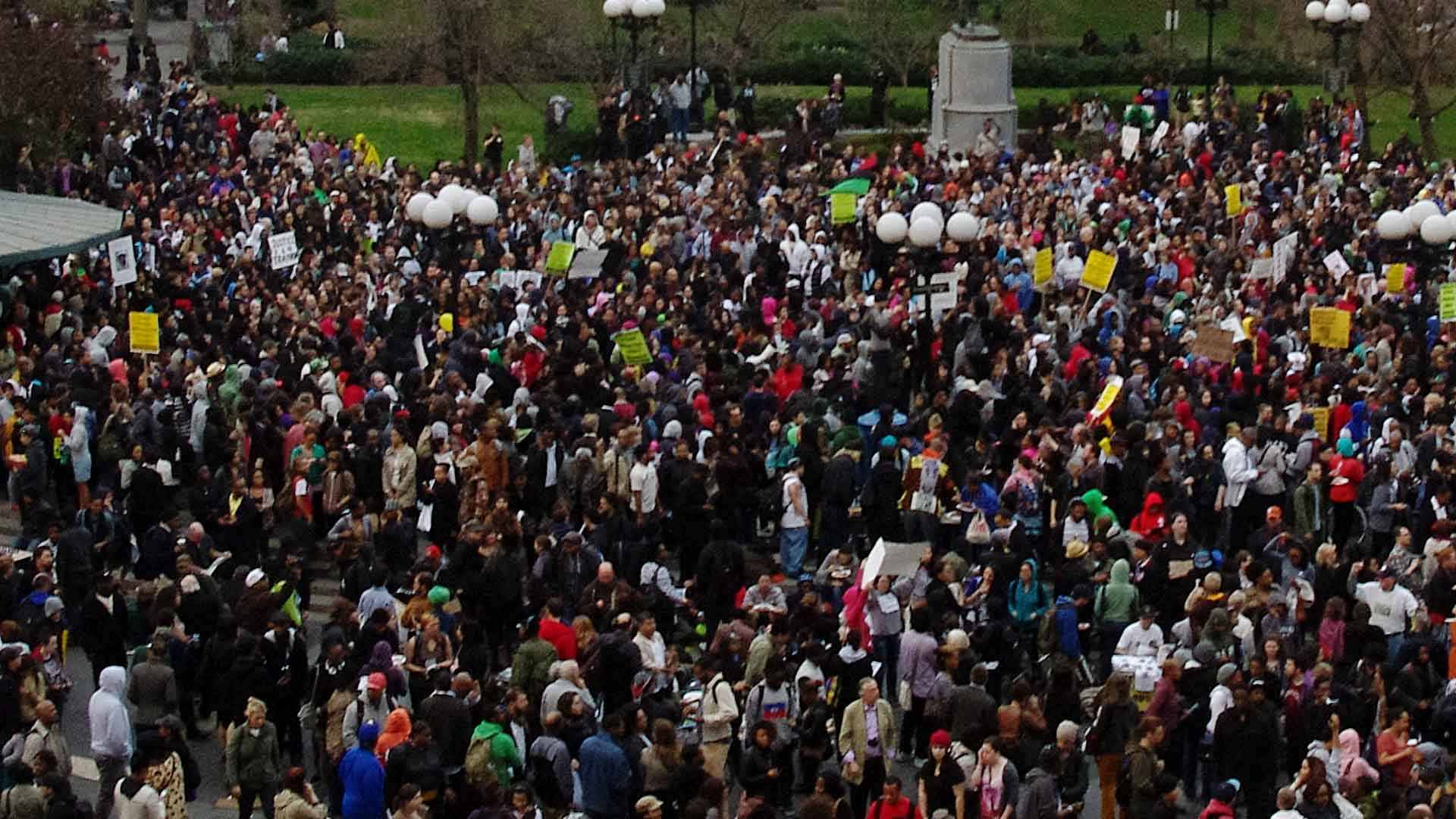
Source: David Shankbone/Wikipedia
